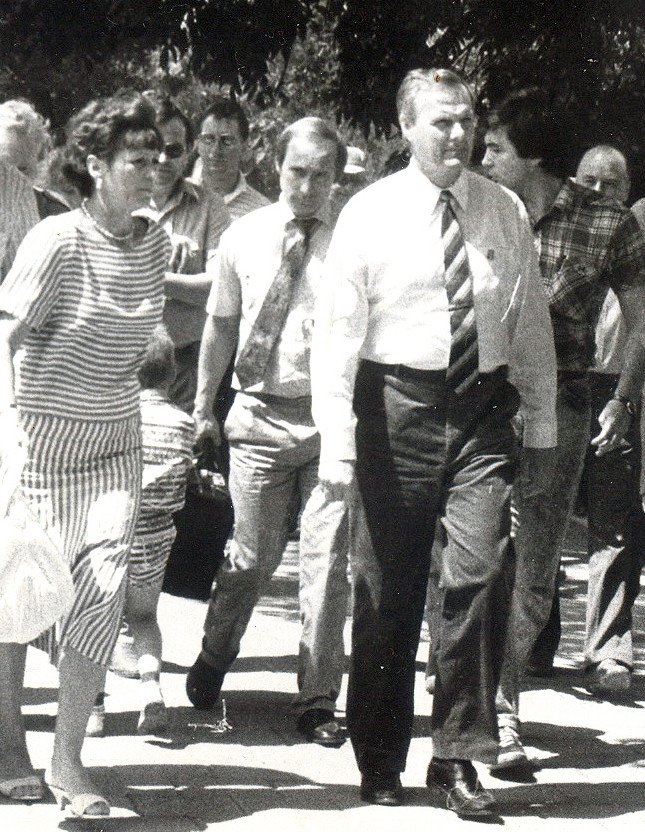
Christopher Reich’s third book very much merits the description of Russia-focused thriller. And a turn-of-the-century one at that, with the plot revolving around oligarchs, violence, and financial misdeeds.
Plot-wise, a US investment firm seeks to implement a Russian telecom company’s Initial Public Offering, only to discover that the deal is not as straightforward as first believed, and that the mafia, Chechen terrorists, and high-ranking Russian political and military figures seek more complex and nefarious outcomes.
The tension racks up towards the end by what seems to be a common Reich trait —it appears in all three of his books that I’ve read— namely the race against time, and across substantial territory, to prevent some unwanted event from happening. The literary equivalent of those clocks helpfully counting down in the Bond films.
The Russia-in-fiction elements don’t show a huge amount of originality, but as any reader of this blog will tell you, that is not exactly unusual, and Reich uses them effectively, and with some decent local colour.
What do these Russian elements consist of?
From the start, there’s the oligarch’s milieu – the night club on the Arbat (in Moscow), the beautiful girl propositioning one of the novel’s heroes in order to entrap him, and the thuggish enforcers in the employ of the oligarchs. ‘Flat tops’ is the term Reich uses, perhaps drawing on the ‘Bardak’ guide in The eXile, the era-defining English-language Moscow newspaper published at the time, where each nightclub was rated for the amount of flat tops, or flat heads, or muscle, likely to be present.
The First Billion also has a sinister ‘dacha outside Moscow’ —though in this case it’s a pretty run down dacha— which comes complete with the opportunity to make good plot use of the length of time it takes to get there from the city centre, preferably involving a car chase on snow-covered roads (see a similar example of this plot device in, Daniel Silva’s The Defector).
Then there’s the Putin as president figure. Although Reich does not explicitly name Putin —unlike Henry Porter’s cheeky and not unflattering portrayal of the young Putin in Brandenburg— Reich’s Russian president refers to himself as Volodya (a diminutive form of Vladimir).

He talks too about his time as ‘bagman’ to Mayor Sobchak in St Petersburg. Putin was Sobchak’s deputy mayor in the early 1990s, and this picture shows him behind Sobchak in 1992, bag in hand.
The Putin-President figure is portrayed as personally corrupt and determined to do anything to restore Russia’s military superpower status.
And finally the central villain of the piece, the Russian oligarch, who confuses the notion of getting rich with the concept of democratising Russia, and so excuses his brutality and casual disregard for others, which are masked of course behind luxury goods, refined manners, and a carefully controlled public image.
A few passages make this point well, and it’s a point certainly not absent from academic accounts of the ‘marketisation’ of Russia, which was supposed to share Russia’s wealth and power amongst its people, but led instead to the rise of the super-rich oligarch, gaining wealth and power in the ‘wild east’ of 1990s Russia.
Such a portrayal of an oligarch is common fare in much Russia-in-fiction from the 1990s onwards — without thinking too hard, I come up with James Hawes’s Rancid Aluminium, Piers Paul Read’s A Patriot in Berlin, and Vesna Goldsworthy’s Gorsky. There are many more.
Daniel Silva’s Moscow Rules, and The Defector both have a strong oligarch figure. But my favourite, in this and in several other senses, is Mark Burnell’s Kostya Komarov, who appears in the last three of the Petra Reuter novels. Komarov is a far more complex and sympathetic oligarch-ish type, though his background is not the typical ‘new Russian’ former member of the Soviet elite, but rather he is a vor v zakone, from a long-established criminal clan.